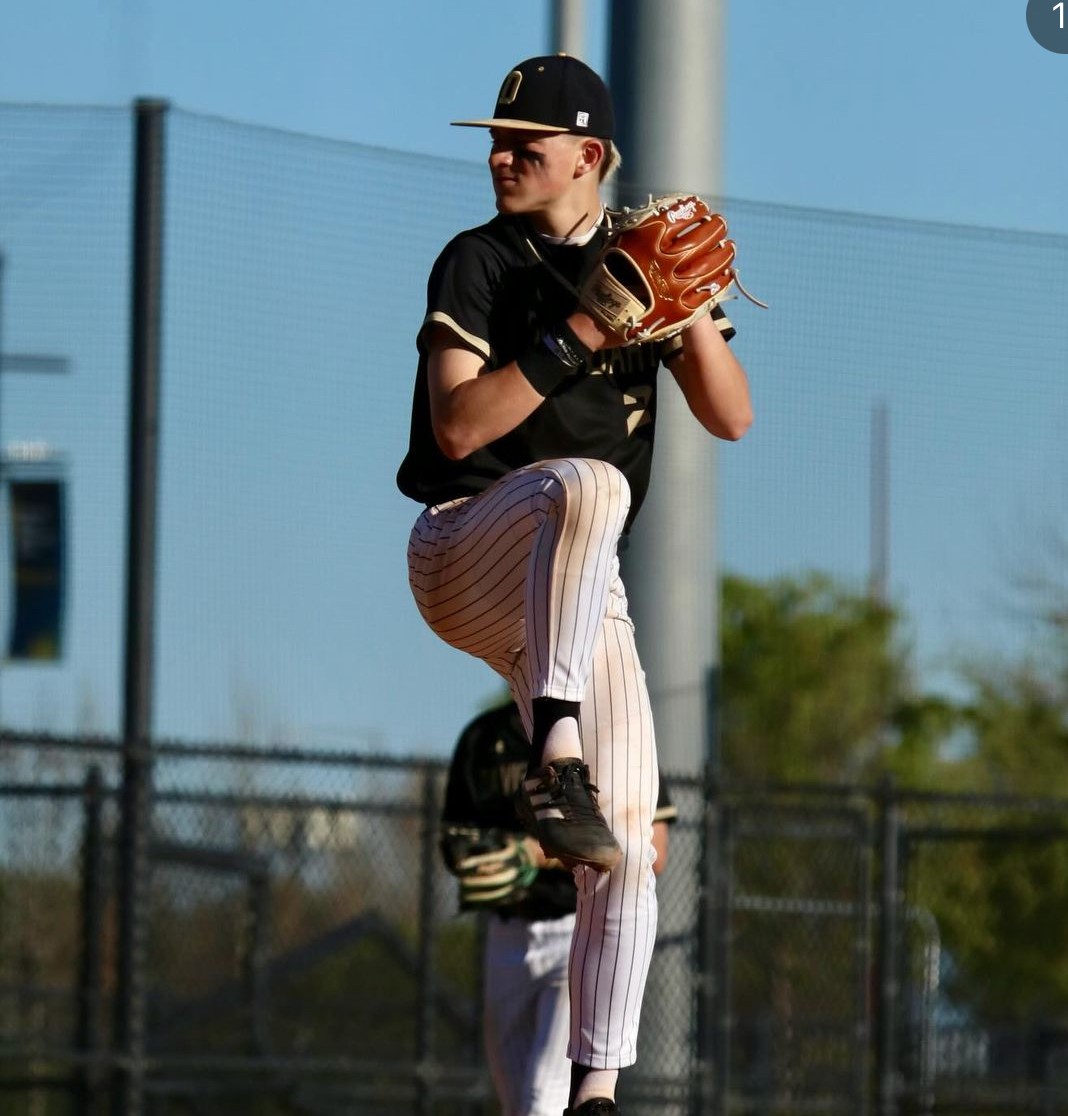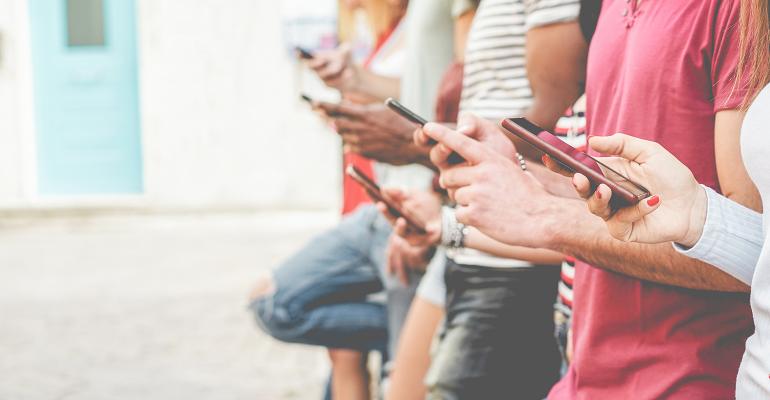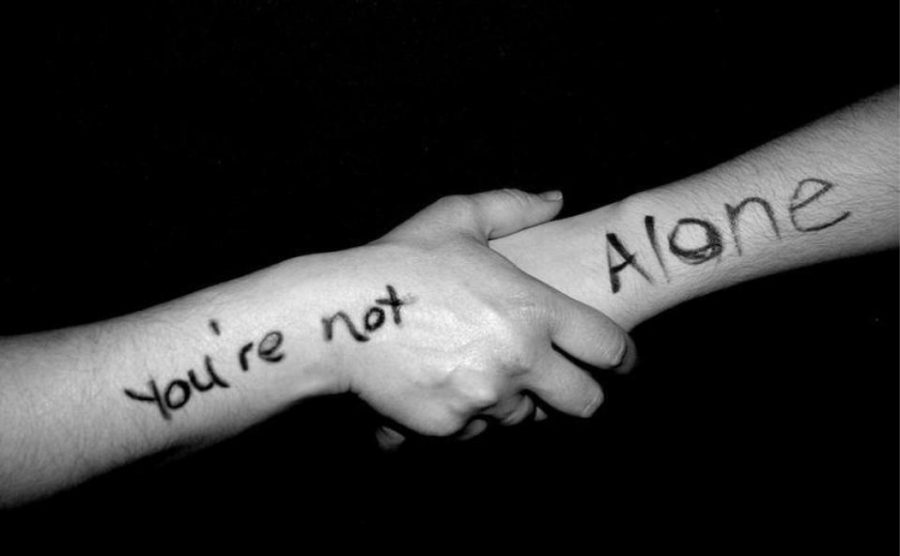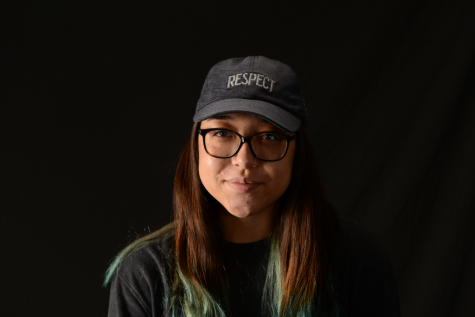The necessary darkness behind suicide prevention groups
December 18, 2018
In today’s society, mental health is taken very seriously. More people are aware of the challenges of mental health and are advocating to talk about it more.
The goal of suicide prevention groups is to train youth to watch for at-risk students. The members are elected by their peers and are chosen because they are seen as trustworthy people. They are trained on how to watch for signs of depression and self-harm, and how to approach them appropriately. They also learn how to report signs to adults.
Self help groups are very visible in the schools, especially the junior highs. They wear T-shirts frequently so that people will recognize them as part of the trustworthy group. They spread their message of hope around the school by putting up posters and taping compliments around the school. The messages are often all the same. “Hold on, pain ends,” “keep going,” “you’re beautiful,” “I’m here for you,” are just a few of the cliché quotes associated with self help groups.
The problem with these messages is that they’re too superficial. They’re not reaching people on a deeper level. People see these messages all over the place and they start to associate it with a form of false happiness. They associate these messages and the people saying them as just glancing over their problems, and that these messages are supposed to automatically fix everything. But it doesn’t. Their emotions are deep, and raw, and real. Its dark, and it’s scary, and one person saying, “hey, everything is going to be alright,” isn’t going to do anything. When people are dealing with something, they need someone who understands the dark reality of what they’re dealing with. Someone who knows how extreme and valid and real these emotions are. Someone who won’t undermine what they’re going through with these automatic positive messages.
Suicide prevention groups get a bad rep of spreading this superficial happiness. While this method of approach works for some people, for most people it’s not good enough. They need someone to approach them on a deeper, more personal level. Someone who will reach out and make a genuine connection with them and their problems.
This deeper, more personal level is necessary for suicide prevention groups because of their purpose. Their purpose is to stop people from committing suicide, and the nature of suicide itself is deep and dark. If they took a minute to step back from their very public show and observed, and connected with people on a deeper level, they would get a better response.




























